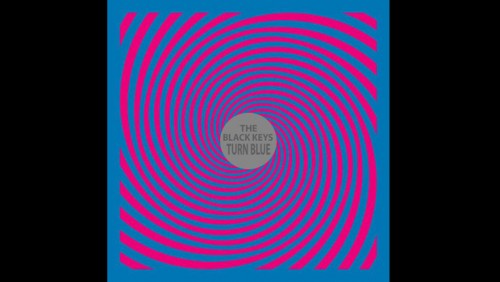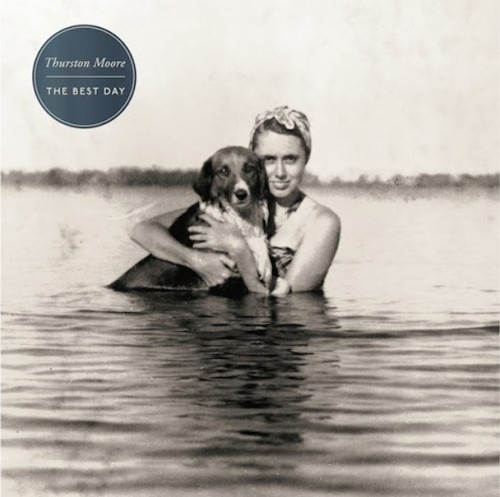By Max McKeon
Dan Auerbach and Patrick Carney are at the cross roads. The two core members of the Black Keys have developed a defining sound that listeners instantly recognize. Stumbling out of the gates with their debut “The Big Come Up” and making waves with “Rubber Factory” helped the band perfect its blues-rock sound until finding mainstream success in “Brothers.” Headlining gigs at Bonnaroo and Glastonbury, and a massive U.S. tour this fall prove Auerbach and Carney continue to grow in popularity. It’s quite simple, really: in 2014 people can’t get enough of the duo from Akron, Ohio. But what happens after the catchy melodies and guitar solos become stale – or too recognizable? “Turn Blue,” the Black Keys eighth studio album, tackles this dilemma head-on with surprising results.
An early interview with Rolling Stone featured Auerbach calling “Turn Blue” a “headphone album.” Burnt out from relentless touring and failed recording sessions made the singer rethink the band’s strategy for their follow-up to 2011’s Grammy-winning “El Camino.” Carney echoed similar sentiments in interviews, saying they didn’t want to keep “playing it safe.” Looking to expand their sound, “Turn Blue” pushes Carney and Auerbach into an expansive direction that draws heavily on 1970s psychedelic rock. It doesn’t always work, and there are few missteps, but what Auerbach and Carney create is a collection of songs that cloud our perception of their 10-plus-year-old band — for the better.
Album opener “Weight of Love” immediately thrusts listeners into this new direction on “Turn Blue.” Punching in at roughly seven minutes, the track finds the band exploring uncharted territories. Auerbach croons “Dance all night, cause people they don’t wanna be lonely/ Never wanna be lonely / They don’t wanna be an only one,” emulating the atmospheric sound found on Pink Floyd’s “Dark Side of the Moon.” Lead single “Fever” is the band’s most recognizable shift into this new direction, using a synthesizer that wouldn’t feel out of place on late ’70s disco/new wave radio. Producer Danger Mouse (Brian Burton) returns for the fourth time in the band’s career and pushes Auerbach and Carney toward their creative peak. Tracks like “In Time” and “Year in Review” both inhabit Burton’s disco shimmer, while “Bullet in the Brain” shows the band developing these psychedelic influences with Auerbach’s signature guitar work. These moments in “Turn Blue” are a welcomed departure from the band’s past albums.
“Waiting on the Words” and “In Our Prime” are missteps on an otherwise excellent transitional record. “Words” finds the band diving even further down the rabbit hole of psychedelically-inspired rock, but it seems too phoned-in for what they set out to achieve. On both tracks, the Black Keys aim for expansive sounds that eventually fall flat and feel contrived. “It Up To You Now” features a pulsating tribal drum beat from Carney before abruptly shifting into a transcendent guitar solo from Auerbach — these sudden tempo changes show the band attempting to stray far from the defiant blues-rock sound of their early albums. “Thickfreakness” this is not.
“I went from San Berdoo to Kalamazoo/ Just to get away from you” Auerbach yelps on album closer “Gotta Get Away.” The track is a perfect representation of what the Black Keys do best and a comfortable reminder that the band hasn’t strayed too far from that sound that got them wide acclaim in the first place. Instead, “Turn Blue” helps to shake the public’s perception of what a Black Keys album should sound like; it’s a needed departure that arrives at the opportune moment in their evolving career.
The experience isn’t perfect — and it’s sometimes messy — but it is a pleasant surprise from a band that once seemed to be heading down the path of normalcy. With “Turn Blue,” the Black Keys choose to travel down the road not taken and come away with an album that proves they aren’t just a one-trick pony.
Rating: 70/81




Leave a Reply